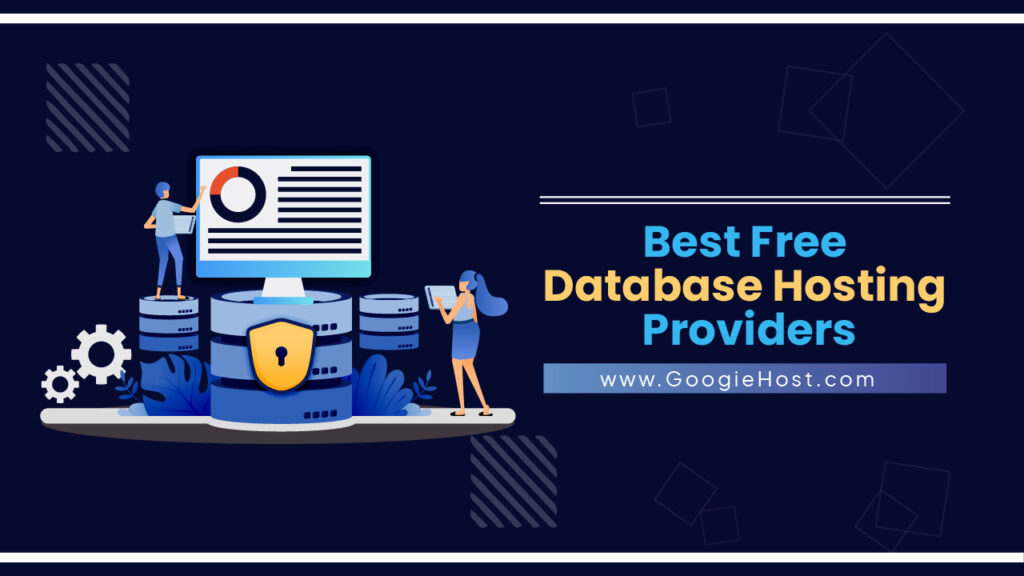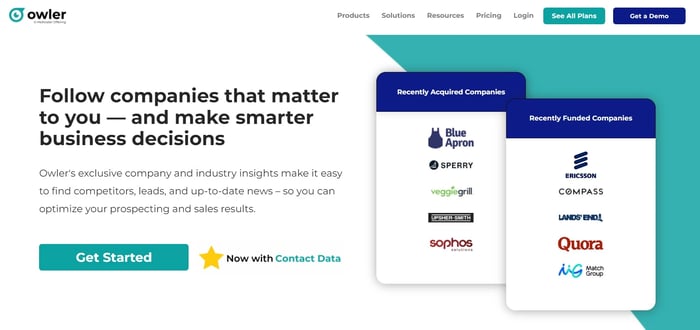How to Evaluate and Select a Reliable Database Provider
How to Evaluate and Select a Reliable Database Provider
Blog Article
Key Features to Search For When Picking a Data Source Company
Selecting a data source supplier is an essential decision that can significantly impact your organization's data and operations management technique. Amongst the crucial functions to take into consideration are scalability alternatives, which make certain that your system can adjust to growing needs.
Scalability Options
When picking a data source supplier, understanding scalability choices is vital to making certain that the picked option can suit future development. Scalability refers to the ability of a data source system to expand its capacity and performance in reaction to raised need. There are two main kinds of scalability: upright and straight.
Vertical scalability, or "scaling up," involves enhancing a solitary server's sources, such as CPU, RAM, or storage. This strategy can be cost-effective and straightforward for smaller applications but may get to a restriction where additionally upgrades are as well expensive or unwise.
Straight scalability, or "scaling out," includes including extra servers to disperse the load. This approach enables better versatility and can accommodate substantial rises in data volume and user traffic (database provider). It is especially valuable for cloud-based database services that can dynamically designate sources based upon demand
Protection Procedures

When reviewing security procedures, think about the execution of security protocols (database provider). Data-at-rest and data-in-transit security are important to ensure that delicate info stays safeguarded, even in the occasion of a safety violation. Additionally, look for service providers that provide strong verification mechanisms, such as multi-factor authentication (MFA), to better enhance access control
Normal safety and security audits and conformity with sector standards, such as GDPR or HIPAA, are a sign of a service provider's dedication to information security. Furthermore, ask about their incident action plan; a robust strategy can reduce the influence of any potential safety and security occurrence.
Performance Metrics
Examining performance metrics is important for organizations to guarantee that their chosen database service provider fulfills functional requirements. Key efficiency metrics include feedback scalability, time, and throughput, which jointly figure out the effectiveness of data source procedures under differing lots.
Feedback time is important, as it reflects exactly how swiftly the database can process questions and return outcomes. Organizations needs to try to find metrics that show average feedback times during top and off-peak hours. Throughput, commonly determined in purchases per 2nd (TPS), offers insight into the data source's ability to manage high volumes of requests without efficiency deterioration.
Scalability examines the database's capacity to expand with the company's demands. A robust database copyright must show upright and straight go to this site scaling capabilities, enabling smooth changes as demands rise and fall. In addition, recognizing latency, especially in distributed systems, can aid companies review the responsiveness of the database across different geographical places.
Customer Assistance
Trustworthy client support is a foundation of reliable database administration, providing companies with the assistance needed to optimize and resolve concerns efficiency. When picking a data source provider, examining the degree of consumer assistance they use is crucial. A durable support system need to consist of numerous channels of interaction, such as phone, e-mail, and live conversation, making certain that users can access assistance whenever they require it.
Additionally, responsive assistance teams that are offered 24/7 substantially improve the dependability of the data source solution. Prompt reaction times and efficient resolution of problems can substantially reduce downtime and increase general productivity. It is likewise advantageous to think about the schedule of specialized support workers, who can use customized assistance based on an organization's certain needs.

Rates Framework
When taking into anonymous consideration a data source company, the rates structure is a crucial factor that can considerably impact a company's budget plan and overall method. A clear and adaptable prices model is crucial for straightening the database costs with business needs - database provider. Organizations ought to examine whether the rates is based on consumption, per user, or a level rate, as each version can yield different financial ramifications Your Domain Name gradually
It is necessary to examine any type of added costs linked with the copyright's services, such as data storage space costs, transaction expenses, and support fees. Some suppliers may provide tiered rates, permitting scalability as the organization grows, while others could impose stringent restrictions that might come to be expensive as data requirements enhance.
Additionally, companies should think about the lasting value of the data source remedy. While lower first rates can be enticing, they might not make up future upgrades, upkeep costs, or combination prices. Performing a complete cost-benefit evaluation will certainly assist determine the most suitable pricing framework that balances support, scalability, and efficiency, eventually making certain that the selected data source service provider aligns with the company's economic and operational goals.
Verdict
In final thought, choosing a data source company demands mindful factor to consider of different critical attributes. Scalability choices guarantee adaptability to future development, while durable safety and security actions secure delicate details. Reviewing performance metrics allows the identification of efficient databases, and easily accessible client assistance improves the general individual experience. A clear pricing framework further contributes to notified decision-making. By completely examining these aspects, organizations can make tactical selections that align with their long-lasting goals and operational demands.
Selecting a database supplier is an essential decision that can substantially impact your company's procedures and information administration approach.When choosing a data source supplier, comprehending scalability alternatives is crucial to making certain that the chosen remedy can accommodate future development. When selecting a database supplier, examining the degree of customer assistance they offer is crucial.When taking into consideration a data source copyright, the prices framework is an essential variable that can dramatically affect an organization's budget plan and total technique. Performing an extensive cost-benefit analysis will help identify the most ideal rates framework that stabilizes scalability, efficiency, and support, eventually guaranteeing that the chosen data source service provider straightens with the company's functional and economic goals.
Report this page